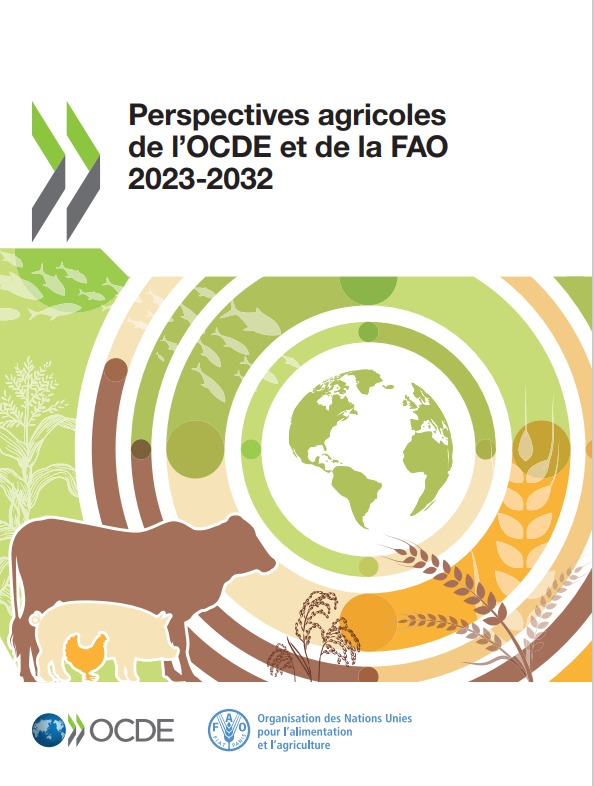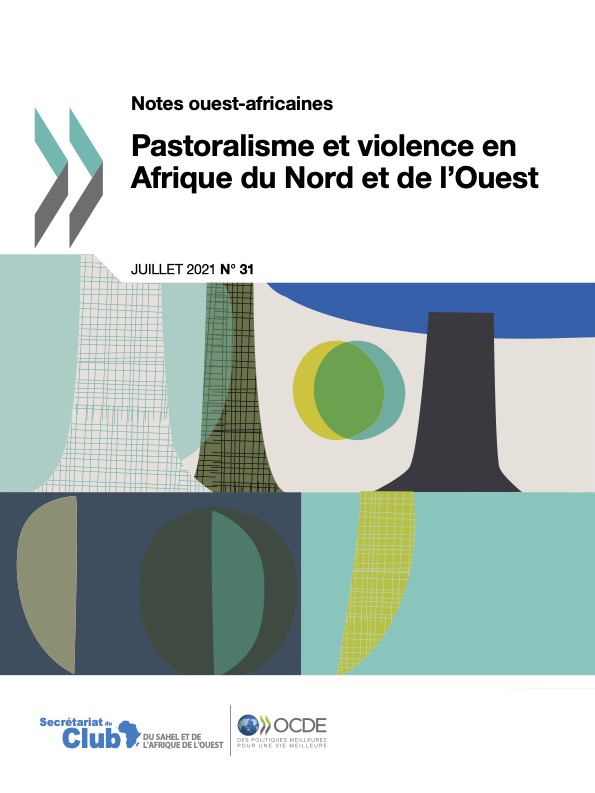Mission
The mission of the Organisation for Economic Co-operation and Development (OECD) is to promote policies that will improve the economic and social well-being of people around the world.
The OECD provides a forum in which governments can work together to share experiences and seek solutions to common problems. We work with governments to understand what drives economic, social and environmental change. We measure productivity and global flows of trade and investment. We analyse and compare data to predict future trends. We set international standards on a wide range of things, from agriculture and tax to the safety of chemicals.
We also look at issues that directly affect everyone’s daily life, like how much people pay in taxes and social security, and how much leisure time they can take. We compare how different countries’ school systems are readying their young people for modern life, and how different countries’ pension systems will look after their citizens in old age.
The OECD’s core values
- Objective: Our analyses and recommendations are independent and evidence-based.
- Open: We encourage debate and a shared understanding of critical global issues.
- Bold: We dare to challenge conventional wisdom starting with our own.
- Pioneering: We identify and address emerging and long term challenges.
- Ethical: Our credibility is built on trust, integrity and transparency.
Members:
Resources
Displaying 1 - 5 of 25Perspectives agricoles del’OCDE et de la FAO 2023-2032
Les Perspectives agricoles 2023-2032 sont le fruit de la collaboration entre l’Organisation de coopération et de développement économiques (OCDE) et l’Organisation des Nations Unies pour l’alimentation et l’agriculture (FAO). Les deux organisations mettent en commun leurs connaissances spécialisées sur les produits, les politiques et les pays, ainsi que les informations fournies par leurs pays membres, afin de produire chaque année une analyse des perspectives des marchés nationaux, régionaux et mondiaux des produits agricoles de base pour la décennie à venir.
Pastoralisme et violence en Afrique du Nord et de l'Ouest
Survey of GHG mitigation policies for the agriculture, forestry and other land use sector
In light of the urgency for policy action to address climate change, this report provides the first detailed global catalogue of targets and policies for mitigating greenhouse gas emissions in the Agriculture, Forestry and Other Land Use (AFOLU) sector. It covers 20 countries which collectively account for nearly half of the world’s AFOLU emissions. Most of these countries have recently set targets within their AFOLU sector as part of national climate mitigation strategies and commitments, although these targets are only legally-binding for two countries.
« Contractualiser pour transformer : enjeux pour les agricultures africaines », colloque international de FARM à l’OCDE
Governance of land use in OECD countries. Policy analysis and recommendations.
How land is used affects a wide range of outcomes – from day-to-day quality of life, such as the length of commutes, to the environmental sustainability of urban and rural communities, including the possibility for climate change adaptation and mitigation. Moreover, the economic importance of land is immense. Land and the buildings on it are approximately seven times as valuable as all other assets taken together and land-use policies play a crucial role in determining land and property prices. Beyond economic value, land also has important sentimental value.





